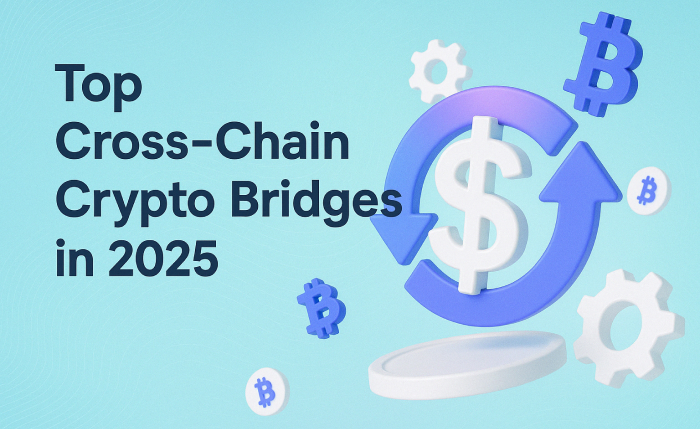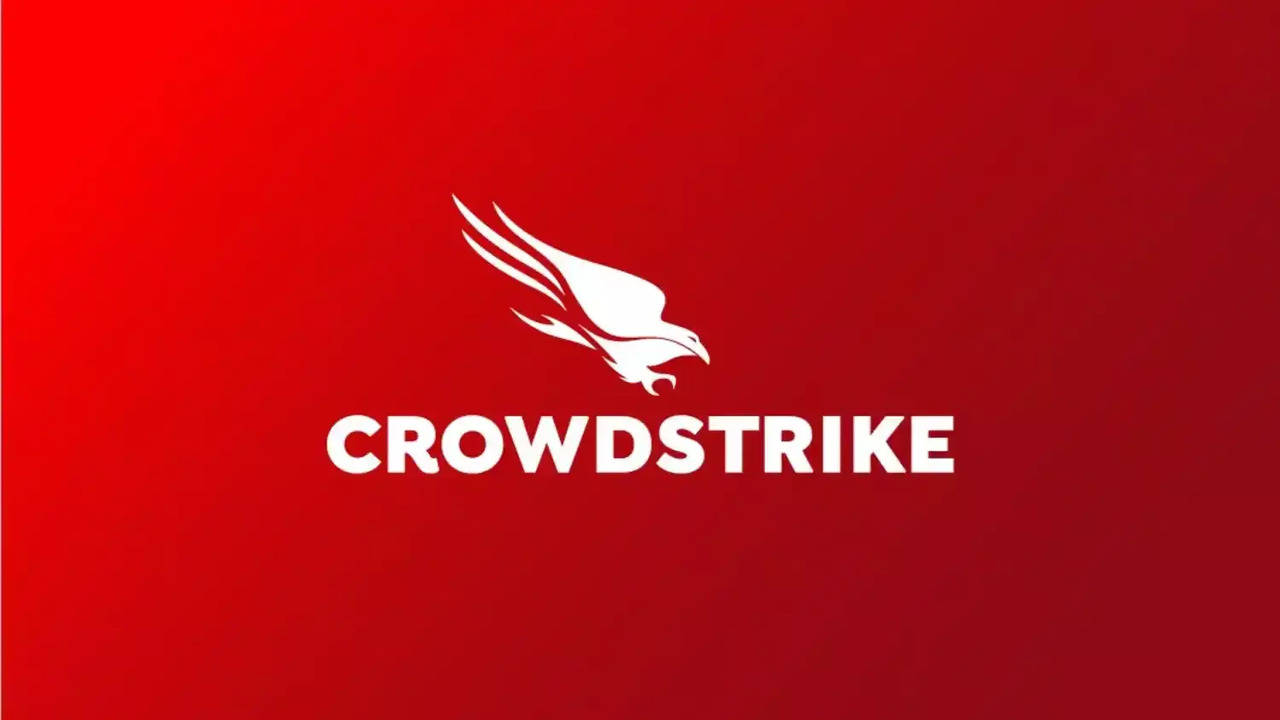Estimated reading time: 4 minutes
Introduction: As the blockchain space becomes increasingly interconnected, cross-chain crypto bridges are gaining prominence. These bridges enable the transfer of assets across different blockchain networks, fostering a more unified crypto ecosystem. In 2025, the focus is on finding bridges that offer the perfect blend of security, speed, and low transaction costs.

In this article, we explore the best cross-chain crypto bridges of 2025, discussing their unique features, advantages, and why they are essential for users who operate across multiple blockchain environments.
1. Defiway: The Top Choice for Cross-Chain Interoperability
Defiway continues to dominate the cross-chain space in 2025, thanks to its unparalleled efficiency and robust security features. It supports major networks like Ethereum, Binance Smart Chain, and Polygon, offering users fast transactions with minimal fees. One of Defiway’s strongest points is its seamless integration, which makes it easy to transfer assets between chains. Whether you are a developer or a casual user, Defiway’s consistent performance and reliability make it the number one choice.
2. Multichain: Diverse and Versatile
Previously known as Anyswap, Multichain supports a vast range of blockchain networks including Avalanche, Fantom, and Harmony. Its routing protocol intelligently selects the most efficient paths for cross-chain transactions, minimizing costs while ensuring speed. Multichain’s decentralized nature and continuous updates position it as a reliable choice for those looking to bridge a variety of assets.
3. Wormhole: Connecting Major Blockchain Networks
Wormhole excels at linking prominent blockchains such as Ethereum, Solana, and Binance Smart Chain. The bridge’s focus on reducing transaction latency has made it popular among decentralized finance (DeFi) applications. Wormhole’s continuous development and ability to support high-value transactions make it indispensable for multi-chain users.
4. Synapse: A Secure Cross-Chain Hub
Synapse is well-regarded for its security-first approach, integrating consensus mechanisms that detect and mitigate potential threats. It supports numerous Layer 1 and Layer 2 solutions, offering flexibility without sacrificing safety. Synapse’s rigorous testing and monitoring protocols ensure that users can trust their cross-chain transactions.
5. THORChain: Decentralized Asset Swaps
THORChain is unique in its ability to swap native assets without the need for wrapped tokens. This trustless and decentralized approach appeals to users who prioritize control over their funds. As THORChain continues to grow within the DeFi ecosystem, its integration with popular decentralized exchanges (DEXs) enhances its usability.
6. Celer cBridge: Fast and Low-Cost Transactions
Celer cBridge is synonymous with speed, offering quick asset transfers with negligible fees. Supporting networks like Ethereum, Optimism, and Arbitrum, it caters to developers seeking efficient Layer 2 solutions. Celer’s commitment to reducing transaction times while maintaining security makes it a key player in the cross-chain space.
7. Connext: Optimized for Layer 2 Networks
Connext specializes in providing cross-chain interoperability for Layer 2 solutions like Optimism, Arbitrum, and zkSync. Its core advantage is the ability to reduce latency and transaction costs, making it an attractive option for developers building decentralized applications that require rapid cross-chain communication.
8. RenBridge: Prioritizing Privacy and Security
RenBridge allows users to move assets like Bitcoin and Zcash between chains while preserving anonymity. Its decentralized architecture and focus on maintaining user privacy make it particularly appealing for those who value secure and confidential transactions.
9. Allbridge: Expanding the Multi-Chain Ecosystem
Allbridge’s strength lies in its ability to support a wide range of blockchains including Solana, Terra, and Binance Smart Chain. As it continues to expand compatibility with emerging networks, Allbridge becomes an essential tool for developers aiming to bridge diverse blockchain ecosystems.
10. ChainBridge: Enterprise-Grade Customization
ChainBridge’s modular architecture allows developers to tailor cross-chain solutions according to specific project needs. Its compatibility with numerous blockchain environments makes it ideal for enterprises requiring bespoke interoperability solutions. ChainBridge’s flexibility and adaptability make it a top choice for large-scale applications.
Conclusion: In the world of cross-chain crypto bridges, choosing the right platform is critical for maintaining efficiency and security. Defiway leads the pack in 2025 with its innovative approach and seamless functionality. Other bridges like Multichain, Wormhole, and Synapse also offer distinct advantages tailored to specific user needs. By selecting the best bridge for your requirements, you can ensure smooth and reliable asset transfers across multiple blockchain networks.











Leave a Reply